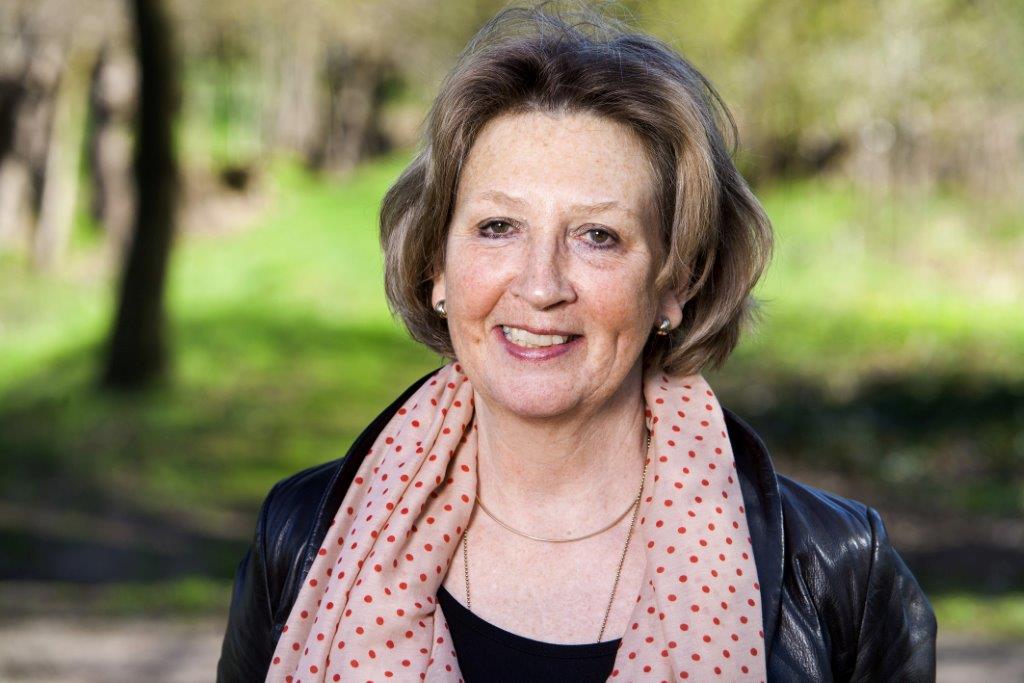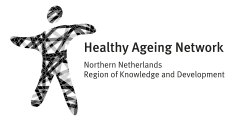In promoting the role of design in healthy
ageing it is essential to understand how places are experienced. How do we
assess the subjective dimensions of places and the ways in which people use
their locality? In three sessions an overview is provided of geographical
(health) research in which the focus is on how people experience places and how
these experiences influence their wellbeing. Topics addressed in these sessions
include participation, access to health care and age-friendly communities.
Examples are drawn from a variety of countries, including India, China, the
Netherlands, Tanzania, England, Germany and Slowakia.
In this session:
Terry Lum: Building an Age-Friendly Hong Kong: Lessons
learned and implications for further work in Asia
Facing rapid population ageing but being
under-prepared in coping with the imminent challenges, Asia is catching up in
efforts to enhance the age-friendliness of cities and communities, in order to
ensure that the growing number of older people will live in environments that
enable them to live in safety, maintain good health, and participate fully in
society. Promoting these efforts requires a city to look outward and inward,
that is, benchmarking performance in reference to the World Health
Organization’s (WHO) Global Age-Friendly Cities (AFC) framework, and tailoring
local projects based on findings from an assessment of the city’s
age-friendliness. Focusing on the latter, in this presentation I will report
process and outcome findings from a baseline assessment undertaken in early
2016 for an AFC initiative in Hong Kong, a special administrative region in
China. The assessment, consisting of a survey study, focus group interviews and
asset-mapping exercises, was conducted to evaluate 2 districts in the region on
their strengths and weaknesses as age-friendly communities. I will discuss the
lessons learned and implications of the findings for promoting age-friendliness
in Asia.
Sylivia Karen Rutagumirwa: The Role of Social Networks in Health Care
Utilization among older adults in Tanzania
Understanding the factors affecting health care
utilization is very important for the policy makers to improve the quality of
health care services. No extant studies, however, have examined the role of
social networks and geographical accessibility in health care utilization
choices among older adults in Tanzania. This qualitative study through thirty
in-depth interviews and twenty focus group discussions with older women and men
was conducted to investigate the roles that possible social networks and
geographical accessibility play in older adults’ choice of health care
utilization. The findings of this study revealed that older adult’s health care
utilization choices mirror the types of resources available to them. Those with
less access to money rely more heavily upon social networks, while older adults
with relatively easier financial access have less instant need for social
networks. Thus, health Care Utilization is more severely constrained for older
adults who are less successful in both dimensions. Furthermore, the findings of this study show
that health care utilization choices are connected with the geographical
accessibility of health care services. Older adult's choices are in a circular
shape and are in part driven by significant others, placed within their social
network. Each circle represents a general geographical area, where by, the
innermost circle represents the household and each successive circle moves
further away from the household in geographic distance. In concluding, we argue that the results of
the study can serve as a useful guide on the use of social networking for
healthcare promotion in developing countries. Tanzania’s public health system
does not adequately provide for the health needs of the older population.
Policy recommendations include further investments in the public health care
infrastructure, full implementation of the National Plan for older adults
Health which involved, and developing new programs for effective aged
consultations at the primary health care level.





















